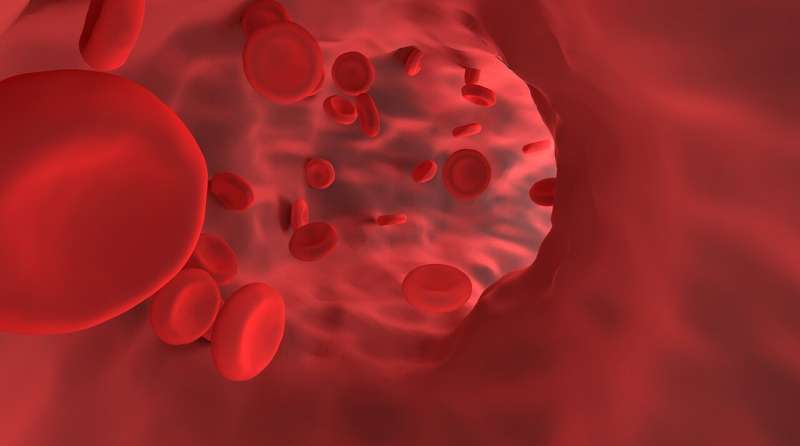Large-Scale Study Finds 'Flat-Line ECG' Predicts Poor Outcomes in Out-of-Hospital Cardiac Arrests

A large Japanese study reveals that 'flat-line' ECG in out-of-hospital cardiac arrests predicts poor survival and neurological outcomes, highlighting the need for guidelines on resuscitation termination.
A comprehensive study conducted in Japan has shed light on the prognosis of patients experiencing out-of-hospital cardiac arrests characterized by a 'flat-line' or asystole on electrocardiograms. Asystole, recognized as the most critical form of cardiac arrest, indicates the heart has completely stopped beating and electrical activity has ceased, manifesting as a flat line on ECG.
The study analyzed data from over 60,000 adult patients who suffered out-of-hospital cardiac arrests between June 2014 and December 2020. Notably, Japanese emergency medical services (EMS) are mandated to continue resuscitative efforts in most cases, providing a unique opportunity to observe the impact of pre-hospital interventions on patient outcomes.
Among these patients, approximately 59.4% presented with asystole, with a median age of 77 years. A significant majority, 93.9%, received advanced life support procedures such as airway management and intravenous epinephrine administration. Despite aggressive treatments, only a small fraction—about 1.8%—survived after 30 days, and even fewer, roughly 0.2%, achieved a favorable neurological state.
The study revealed that advanced airway management increased the likelihood of survival by 45%, and the administration of intravenous epinephrine improved survival chances by 81%. However, neither procedure was associated with better neurological outcomes, highlighting the limited benefits of pre-hospital advanced interventions for asystole cases.
The researchers emphasized that many patients with asystole might be candidates for early termination of resuscitative efforts, especially since only a tiny percentage benefit neurologically from continued treatment. They advocate for the development of guidelines to better determine when to cease resuscitation, potentially improving resource allocation and patient care.
This research underscores the grim prognosis associated with flat-line ECG in cardiac arrest and raises important questions about the value of ongoing resuscitative efforts in these scenarios. The findings are crucial for emergency medicine professionals and policymakers aiming to optimize out-of-hospital cardiac arrest management.
Source: https://medicalxpress.com/news/2025-08-large-scale-reveals-flat-line.html
Stay Updated with Mia's Feed
Get the latest health & wellness insights delivered straight to your inbox.
Related Articles
Promoting Healthy Aging: A Paradigm Shift in Research and Medical Practice
A new discussion paper calls for a shift in research and medicine to focus on understanding and targeting the aging process itself, aiming to promote healthier aging and reduce age-related diseases.
Innovative Charts for Artery Stiffness Enable Early Detection of Heart Risks in Youth
New reference charts for pulse wave velocity enable early detection of cardiovascular risks in children and young adults, paving the way for proactive interventions decades before symptoms appear.
Advancements in Radiotherapy: Higher Doses with Fewer Treatments
Innovations in radiotherapy now enable higher doses of radiation with fewer treatment sessions, improving precision and patient outcomes through advanced technology and auditing.



